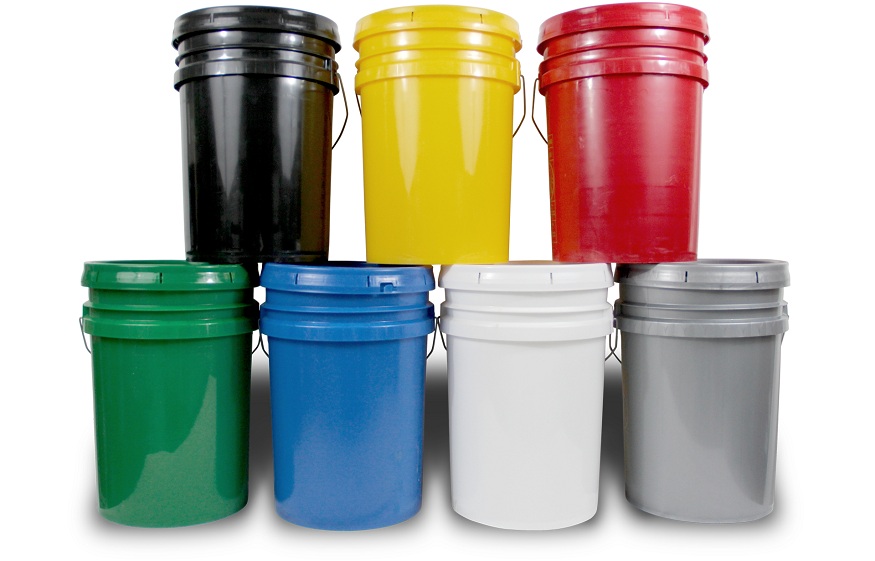Lubricants are essential products that help machinery run smoothly and efficiently. For businesses that rely on lubricants, choosing between name-brand, generic or private label options is an important decision. Private label lubricants are customized products manufactured by a third party and branded specifically for their business client. There are many advantages to going the private label route for lubricants. In this blog post, we’ll explore the top reasons to choose private label lubricants for your business needs.
Cost Savings
One of the biggest advantages of private-label lubricants is the cost savings compared to name-brand products. By contracting directly with a manufacturer, you can cut out the costs associated with the brand name, extensive marketing campaigns, and middlemen. This means your per-unit cost is reduced significantly even when receiving high-quality lubricants formulated to meet your exact specifications. You also gain more control over the entire production process from start to finish and can negotiate bulk pricing discounts based on the large volume orders you can commit to. In today’s competitive business environment, the substantial cost savings from excellent private-label lubricants custom-made for your needs can directly and meaningfully boost your bottom line quarter after quarter, allowing you to invest more into other areas of your operation or pass on savings to customers. The low prices made possible by private labels lubricants are a big win for both businesses and consumers.
Customizable Formulations
Popular lubricant brands offer best lubricants label manufacturers to develop products designed to appeal to the widest possible customer base. However, your business likely has very specific equipment lubrication needs. The beauty of private label lubricants is you can customize the formulations to meet your specialized requirements. Work directly with the chemists and provide samples of what works best for your machinery. The manufacturer can then replicated or improve upon it. Whether you need wide temperature range performance, rust prevention, or sustainable formulations, the private label allows complete customization. This level of control and customization ensures the lubricants are tailored precisely for your equipment’s unique operating conditions and performance requirements. Collaborating closely with a private label manufacturer gives you formulations that provide maximum value for your business over popular off-the-shelf brands.
Improved Quality Control
By working closely with a lubricant manufacturer, you can enforce very tight quality control measures for private-label products. You can stipulate performance metrics, testing protocols, and manufacturing processes in the contract. This oversight across the entire supply chain results in enhanced consistency and reliability. You also have greater transparency and accountability when problems do arise compared to dealing with a third-party national brand. Improved quality control means less downtime and operating issues.
Better Inventory Management
Public lubricant brands often have frequent packaging updates, discontinuations, and supply shortages. This forces businesses to constantly deal with changing inventory. Private labeling ensures continuity in packaging, formulations, and availability. You dictate the production schedules and volumes to match your forecasted demand. There are no unpleasant surprises that disrupt operations. Superior inventory management is possible with the level of communication and supply chain oversight that private labeling enables.
Trusted Reputation
For many segments like manufacturing and fleet vehicles, the reputation of a lubricant brand is paramount. Workers entrust the quality and performance of the machinery to the fluids. Private-label lubricants allow you to establish a trusted brand associated specifically with your business. You control the messaging and branding around your custom lubricants. Workers recognize the commitment your business makes to their performance. You reap the benefits of an improved brand reputation in your niche.
Enhanced Expertise
Switching to private-label lubricants necessitates that your business becomes more knowledgeable about lubricant chemistries, industry standards, and equipment needs. You must engage closely with technical specialists at the manufacturing partner. As a result, your in-house expertise grows tremendously. Your personnel gain invaluable skills that pay dividends across maintenance and reliability. You also have trusted advisors at the manufacturer to leverage for training and optimizing your lubrication program.
Agility and Responsiveness
The lubrication needs of equipment can change over time. Private label relationships make your business far more agile in responding to changes. You simply work with your manufacturing partner to modify formulations or develop new blends. You avoid the lengthy delays and hassles of relying on a third-party brand’s product development cycles. If your equipment usage patterns change, your supply chain flexibility improves dramatically with private-label lubricants.
Unique Selling Proposition
Rather than competing directly against major brands, private-label products give you a differentiated competitive edge. You offer customized solutions tailored specifically to your customers’ needs. You position your business as an expert partner compared to simply retailing third-party products. This unique value proposition is easier to communicate when you control the entire private label process. Your sales and marketing messages resonate more deeply with customers.
Improved Sustainability
For businesses prioritizing environmental footprint reduction, private label lubricants provide many sustainability benefits. You can dictate renewable, non-toxic, or food-grade formulations as needed. The ability to order bulk quantities also reduces packaging waste substantially. Since you order only what you need, less expired product ends up in landfills. Overall, sustainability improves by optimizing formulations and eliminating waste.
Added Flexibility
Unlike locked-in contracts with major lubricant brands, private labeling offers far more contractual flexibility. You can switch manufacturers or renegotiate terms to get the best deal. Your business maintains all the decision-making power. If your equipment usage declines or you want to change product specs mid-contract, you have the freedom to get your contract amended. You avoid the stringent terms and exit fees of major brand contracts.
Conclusion
The decision to pursue private label lubricants requires careful evaluation of costs and benefits. However, for most businesses like cosmetic labels wholesaler that rely heavily on lubricants, the advantages clearly outweigh any downsides. Private labeling results in reduced costs, total formulation control, supply chain efficiencies, improved brand reputation, and greater flexibility. As lubricant requirements evolve, private label partners can adapt quickly and expertly. By taking an active role in overseeing quality and building expertise in lubrication, businesses see sizable returns from customized, high-performing private label products. The decision to switch to private label lubricants should factor in the many tangible and intangible benefits for your business’s bottom line.

